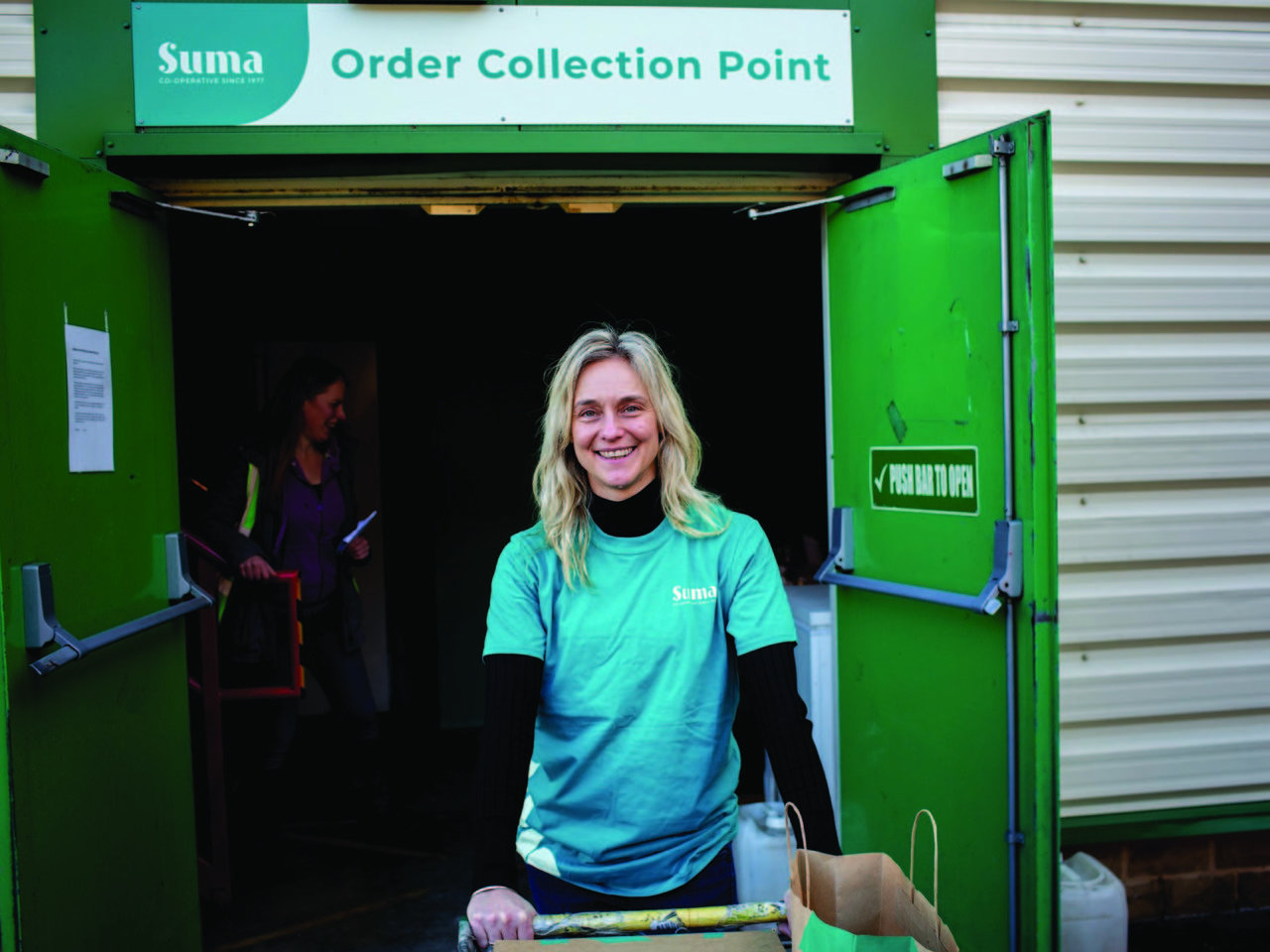
If our annual Organic & Natural Business Product Awards have told us anything it is that product innovation and excellence is alive and kicking in our sector.
With a hugely varied range of products in the running for one of our awards, and with some new categories introduced to reflect the sheer number of new launches we have seen, our awards have proved more popular than ever.
And it gives us great pride and delight to be able to reveal all those brands whose products have won a coveted accolade. The reasons for why retailers felt they should be a winner were varied, but all were rooted in their excellence, ethics and innovation. Many congratulations to those who won or were highly commended and we thank all retailers who took the time to vote- winners below:
Best Skin & Bodycare:
Winner – Salt of the Earth Natural Deodorant
Highly Commended – Weleda Skin Food collection
Best Personal Care:
Winner – Organ(y)c Sanitary Pads
Highly Commended – JASON Himalayan Pink Salt 2-in-1 Bath Soak & Body Wash
Best New Beauty & Healthcare:
Winner – ATTITUDE Living BULK to go Hand Soap Orange Leaves
Highly Commended – My Beauty & Go Beauty Sleep Shot
Best Healthcare:
Winner – Celtic Nutrition Healthy Heart with Plant Sterols
Highly Commended – Salus Floradix Vitamin B-Complex
Best New Food & Drink:
Winner – Organico Perfect Gluten-Free Pasta
Highly Commended – Plamil So free Vegan Cocoa Bites
Best Food:
Winner – Tiana Fairtrade Organics Odourless Cooking Butter
Highly Commended – Navitas Organic Cacao Sweet Nibs
Best Drink:
Winner – Veg of Lund My Foodie Organic Drinks
Highly Commended – Pukka Cacoa Maca Magic Herbal Latte
Best Household:
Winner – Natracare Safe to Flush Moist Tissues
Highly Commended – ATTITUDE Living BULK to go Bathroom Cleaner
Read about them all here

A new initiative designed to support advocacy for social justice, animal rights and environmental sustainability in the UK has been announced by Dr Bronner’s.
The natural soap brand has created the pilot programme, called All-One UK Initiative, which is an extension to the existing All-One International that seeks to ensure mission aligned advocacy is supported in the markets that Dr Bronner’s sells its products in. Through the initiative, at a minimum, one per cent of Dr Bronner’s sales to the UK market each year will be donated to local advocacy efforts in support of social justice, animal advocacy, and environmental sustainability.
The launch of the initiative in the UK market, as well as Germany, is a pilot programme for 2019.
Michael Bronner, President of Dr Bronner’s, explained: “In the UK, our distributors are deeply inspired by the extraordinary organisations we are supporting and are happy to help elevate awareness of these causes globally.”
By the end of 2019, Dr Bronner’s All-One UK will have donated to three highly effective organisations and initiatives within the country that are aligned with the company’s core focus areas; Animal Advocacy with Compassion in World Farming, Environmental Sustainability with UK Youth Climate Coalition, and Social Justice with Emmaus.
In addition to financial donations, the company has donated its soaps and other products to festivals, community and educational events, fundraisers, animal sanctuaries, and direct-action campaigns across the UK and around the world throughout the year.

In recognition of its commitment to fair practices, Suma Wholefoods has been certified as a Fair Tax Mark Business.
The Fair Tax Mark certification scheme was launched in February 2014 to allow businesses that are paying tax in a responsible way to demonstrate this commitment to their customers, suppliers, investors and employees. Already, more than 50 businesses have been certified.
Emma Robinson, Compliance Coordinator at Suma, commented: “We are delighted to have received the Fair Tax Mark certification. Equality and sustainability are at the heart of what we do and having a fair and transparent approach to tax is key to being a responsible business. The Fair Tax Mark allows us to demonstrate that we have been independently assessed and found to have an exemplar approach to tax. Too often, tax is presented as a burden for businesses, but we’re proud to pay the tax we owe.”
Paul Monaghan, Chief Executive at Fair Tax Mark, added: “We are pleased to announce the Fair Tax Mark certification for Suma, one of the most well-known and fastest growing co-operatives serving customers across the UK and internationally. As part of the accreditation process, Suma has published a new tax policy that commits them to shun tax avoidance and to avoid the use of artificial tax havens. Suma already publish their full accounts and are committed to enhancing their tax reporting in the future. Their current tax charge is very much in line with the expected rate, averaging at 21 per cent over the last four years.”